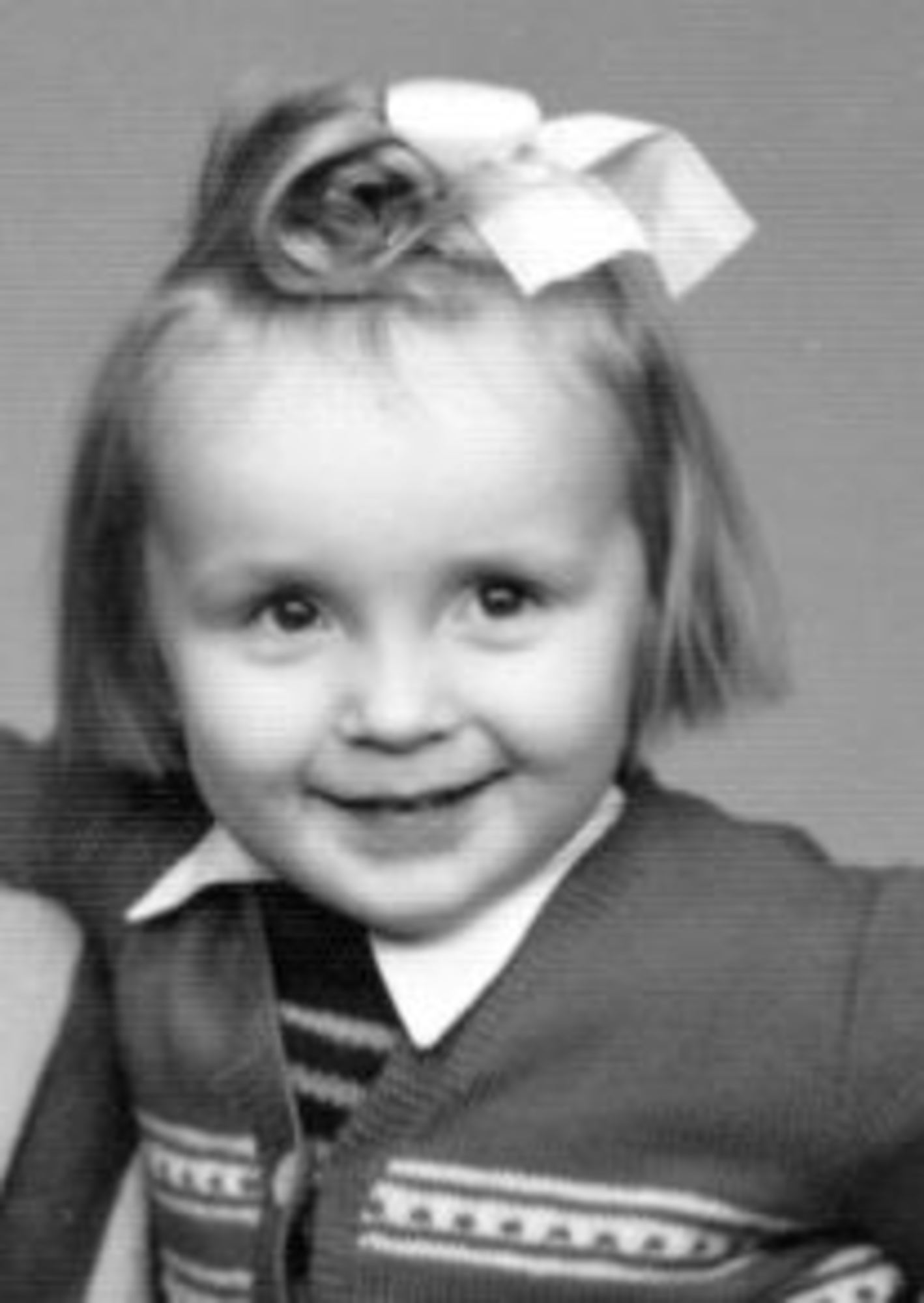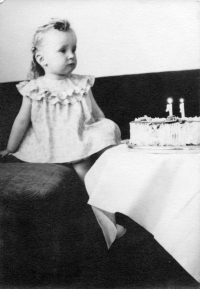I didn’t know that Dad’s place was at home. Not in Mírov

Download image
Ruth Kopecká was born on 12 April 1949 in Olomouc. Her father, František Kopecký, was a very religious man and maintained lively contact with the faith community of Olomouc. He was also the leading representative of the Czechoslovak National Social Party in Olomouc. In 1950 he was arrested and charged in the high profile trial, “Bukal Oldřich and co” in connection to the post-February deliberations of the Church of Czechoslovakia. The same as Oldřich Bukal, the witness’s father was given an 18 year sentence, the loss of his civil rights for 10 years, and the confiscation of all his property. Her mother, Ruth Kopecká, was originally from Řitka near Prague, and after the loss of their property she returned with her daughter and younger song Tomáš to her parents’ in the country. Due to health reasons, František Kopecký was not sent to work in the mines, but they held him in a prison in Mírov, where he did lighter work. His children were allowed to visit him twice a year. After serving ten years of his sentence, he was given amnesty and released. In 1970 Ruth married the Evangelical minister Vladimír Kopecký and they moved to Most. Later, from 1979, they lived together in Střítež nad Bečvou.
















